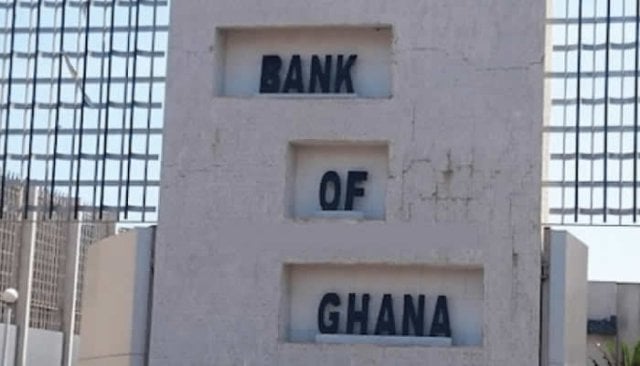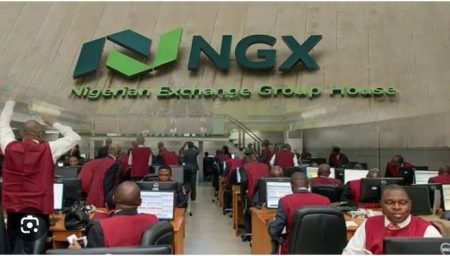Ghana’s Cedi Appreciation: A Temporary Respite or Sustainable Recovery?
Ghana’s recent macroeconomic progress, marked by a significant appreciation of the cedi, has garnered commendation from various quarters, including the Africa Policy Lens (APL), a prominent policy research and analysis organization. However, APL cautions against premature celebration, emphasizing that the observed gains are largely attributable to temporary measures rather than fundamental structural reforms. While the cedi’s resurgence offers a glimmer of hope, its sustainability remains contingent upon the implementation of deeper, more enduring policy adjustments.
The cedi’s appreciation in the first half of 2025 can be attributed to a combination of factors, primarily driven by the Bank of Ghana’s substantial interventions in the foreign exchange market. Injecting nearly $1 billion between January and May 2025 has artificially bolstered the cedi’s value. Furthermore, stringent fiscal measures, such as freezing government spending and suspending payment of arrears, have contributed to this temporary stability. However, APL argues that these interventions are not sustainable in the long run and require deeper structural reforms to solidify the cedi’s recovery.
Drawing parallels with Ghana’s experience between 2017 and 2019, APL highlights the importance of learning from past successes. During this period, Ghana benefited from an IMF Extended Credit Facility program, which fostered improved economic fundamentals, disciplined fiscal policy, and favorable external conditions, including rising oil production and commodity prices. This confluence of factors contributed to a period of relative cedi stability. APL suggests that current policymakers should emulate this approach by prioritizing long-term reforms rather than resorting to short-term interventions.
The overreliance on gold-backed interventions and deferred obligations poses significant risks to Ghana’s economy. These measures, while providing immediate relief, create vulnerabilities to external shocks, particularly if commodity prices decline or external financing becomes more challenging to secure. Global credit rating agencies, including S&P Global Ratings and Fitch Solutions, have already sounded the alarm, warning of potential renewed depreciation of the cedi in the latter half of 2025 if structural imbalances resurface. APL underscores the urgency for Ghana to address these concerns proactively to mitigate potential risks and maintain investor confidence.
To ensure the current momentum translates into sustained economic stability, APL advocates for a comprehensive policy approach encompassing several key elements. Firstly, completing the debt restructuring process is crucial for restoring fiscal sustainability and reducing Ghana’s debt burden. Secondly, diversifying export revenue sources is essential to reduce reliance on specific commodities and enhance resilience to external shocks. This requires investments in non-traditional export sectors and value addition to existing exports. Thirdly, improving fiscal management through enhanced revenue mobilization, expenditure rationalization, and improved public financial management practices is critical for strengthening Ghana’s fiscal position and creating space for critical development spending.
Finally, transparent communication from government institutions is paramount for maintaining investor confidence and fostering a stable economic environment. Clear and consistent communication regarding policy decisions and economic performance will enhance transparency, build credibility, and attract much-needed foreign investment. APL emphasizes the importance of bold reforms coupled with clear communication to avoid market volatility and ensure sustained economic progress. By implementing these recommendations, Ghana can transform the current temporary respite into a durable economic recovery marked by a stable cedi and improved macroeconomic fundamentals. The challenge now lies in translating short-term gains into long-term prosperity through decisive policy action and transparent communication.














